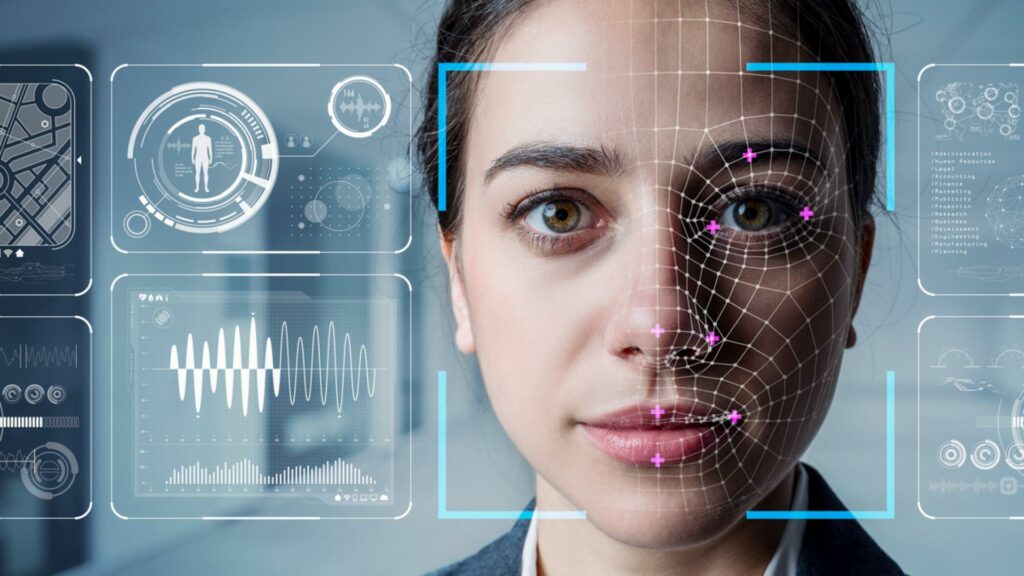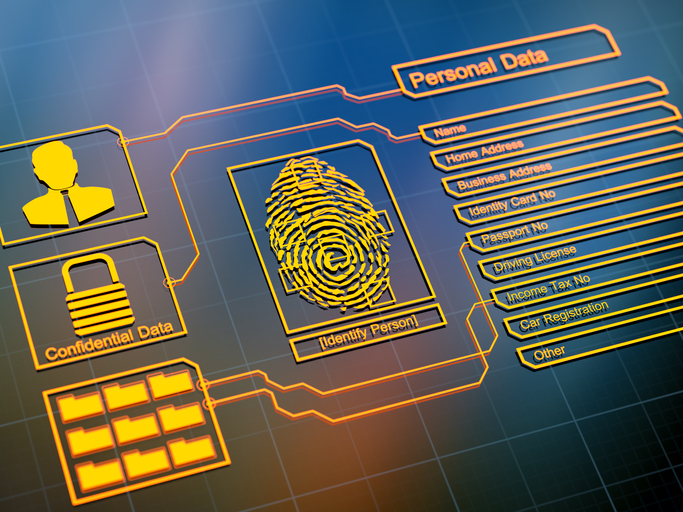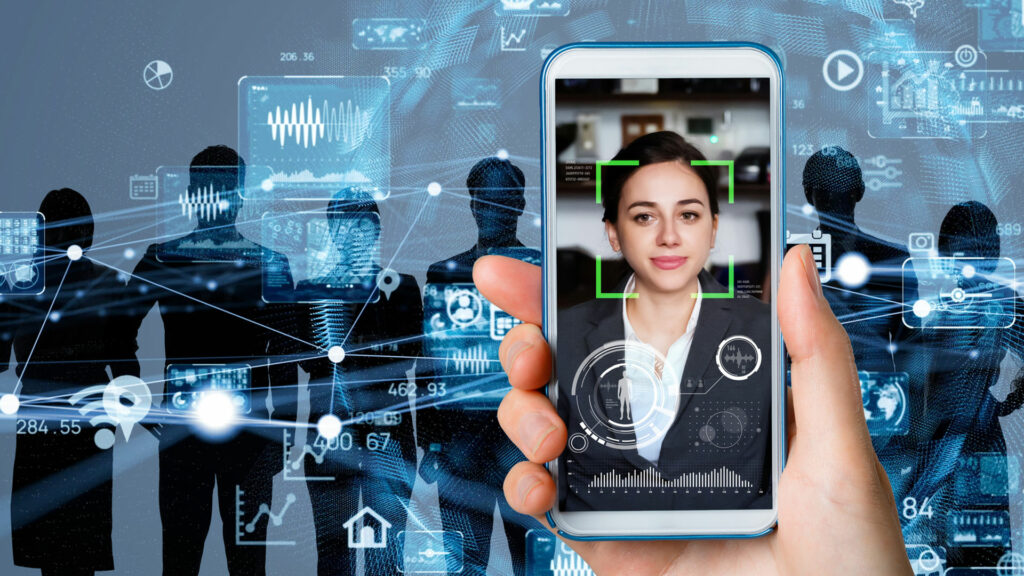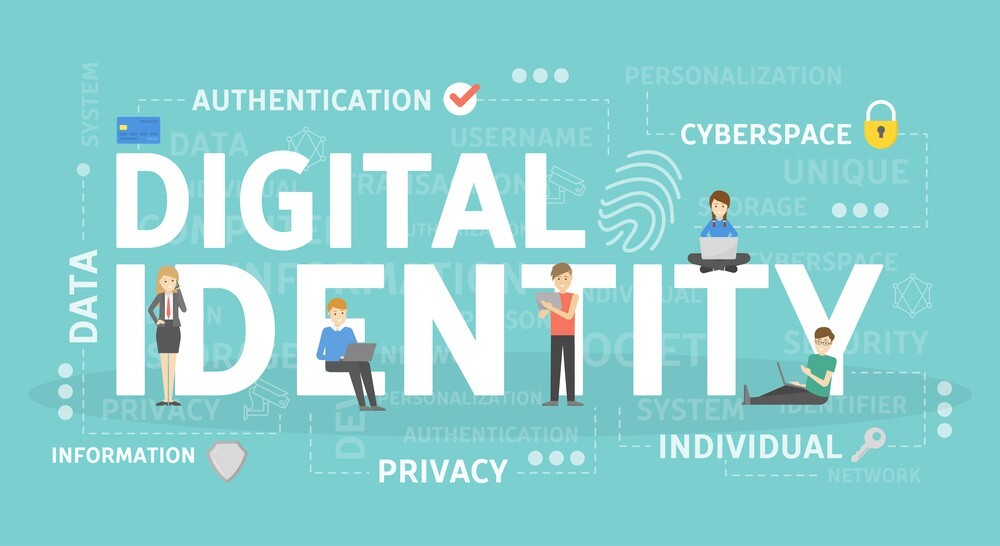Discuss the values of privacy, security, the sense of agency, and what is good for communities as laws, civil society, and professional spaces engage the accountability of digital identity.

– What is a digital identity?
Your digital identity is essentially your footprint on the web, It contains any personal data existing online that can be traced back to you. Social media accounts such as facebook, instagram, TikTok and twitter are all good examples of how you create your digital identity. Uploading content under your name, commenting on posts, sharing, tweeting, online bank account and search history are all contributors in creating your digital identity. Having an online identity can be great for many things, it helps establish who you are online and what you have to offer. However having a digital identity can be dangerous. Future bosses and colleagues may not like what they see online or what you post. Your digital identity could get stolen, banking information hacked, and much more. Though creating your digital identity comes with many perks it’s always good to be weary of what you are getting yourself into, and making decisions on how little or how much you would like these boundaries to be blurred.

– Can a digital wallet provide trust in networked publics?
Today the wallet is anything but old fashioned. Digital wallets are meant to be made easy for us in an everyday setting. They store membership IDS, gift cards, coupons and even payment methods like credit or debit cards. You don’t even need to put your pin in anymore you just tap and go. I personally think digital wallets are great, they are convenient and easy, however I don’t think that they provide full trust when in networked publics. From using my digital wallet I’ve had people hack into my card multiple times and use it as their own. How does this happen? To be honest I’m not sure. It could be anything as simple as tapping your payment at a coffee shop or putting in your online banking information online. It’s hard to pinpoint exactly when you’re making a transaction with an unreliable source. At times I do believe our digital wallet will provide trust in networked publics, though I do think it’s difficult to know when and where that will be. There will always be ways for someone to gather your digital information, even if not dealing with your information directly.

– How do personal versus professional approaches to digital identity affect social media use?
Being active on social media can benefit both your personal and professional growth. Many employers not only seek your current work ethic or values however they seek your interests and your passions. They are interested to know what life outside of work looks like for you, and that may be shown on your personal social media accounts. Many companies are now embracing the worth of learning more about their employees to help determine job offers that they may grant. Posting your interests and your personality could give employers a better glimpse into what your like from a non- professional perspective. Social media accounts dictate how a company can perceive you. For example; If you are posting inappropriate, or offensive content that appears on your socials they may not take you seriously. However if you are posting wholesome content of you hiking with friends, baking etc.., they may perceive you as a better candidate and more professional.

– How do digital identities converge in networked publics – what are the impacts and benefits?
Your digital identity can be built anywhere in a public networked setting. Social media for instance you are constantly sharing, posting, commenting and interacting with others. You are continuously building your digital identity off of these social media accounts. Social media converges everyone through different types of interactions available on these platforms. Sending posts, sharing, commenting and saving are all ways you are contributing to these interactions. This creates digital identies that are continuously expanding off one another by digital interactions. The benefits of converging digital identities in networked publics has allowed us new opportunities to make connections online, build a stronger platform on ourselves, and has allowed us to be more creative and express that side of us. There are however worrisome aspects of digital convergance, such as what you post stays up forever, deleted posts are not really gone, and a private accounts dont exactly mean your on private. Everything you post, share, and comment publicizes you even when you think your “incognito”.
Leave a Reply